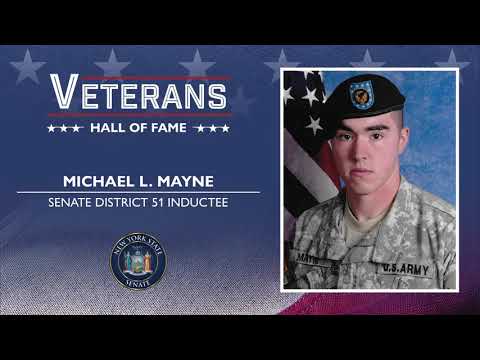
Legislature Okays Student Loan Reforms
The New York State Legislature has approved landmark legislation to protect students and their families from exploitation by conflicts of interest in the student-loan industry. The passage of the bill makes New York’s Legislature the leader in offering a solution to the student-loan scandal that has affected millions.
The Student Lending Accountability, Transparency and Enforcement (SLATE) Act of 2007, introduced April 16, addresses problems exposed as a result of the attorney general’s ongoing investigation into the widespread conflicts of interest throughout the $85 billion-per-year student loan industry. The measure codifies Cuomo’s College Loan Code of Conduct, which is the basis for case settlements with the lenders and schools across the country. Congressional leaders have endorsed the SLATE legislation as a national model and dozens of schools and lenders have already adopted the Code of Conduct.
"This is a big step forward in protecting collegestudents' and their families' financial security," Senator James L. Seward said.
Attorney General Cuomo said, "The passage of this landmark legislation underscores New York government’s legacy of putting forth progressive, effective legislation and leading the nation by example. While my investigation into the $85 billion-a-year college loan industry expands, I applaud the legislature for committing to ensure that New York’s college bound students are protected as they finance their education. New Yorkers will have the confidence in knowing that state law will be on their side when dealing with the college loan industry."
Senate Majority Leader Joseph L. Bruno said, "With the cost of obtaining a college education rapidly increasing, our children and parents should not have the added concern of dealing with unscrupulous lenders looking to make a profit at their expense. This legislation is a first-in-the-nation step to ensure that students and their families will not be exploited by fraudulent lending practices, and will provide more transparency and accountability in the student loan industry. Attorney General Andrew Cuomo should be commended for his outstanding leadership on this issue, and I want to thank him for working together with the legislature to get results for New York’s college students."
Assembly Speaker Sheldon S. Silver said, "The thoughtful, tough legislation developed by Attorney General Cuomo has been improved by the assembly’s recent public hearings on the measure. Working together, the assembly, senate and attorney general’s office have clarified the bill’s intent in order to help ensure profit is not placed ahead of the dreams and aspirations of students and their parents."
Sen. Kenneth P. LaValle, chairman of the Senate Higher Education Committee, said, "This measure will protect vulnerable young students from those who would abuse a trusted relationship in the interest of making a profit. Students and parents have faith in the expertise and guidance offered by higher education lending and learning institutions. They should not be at risk of being exploited by colleges, lenders, and third party entities when taking on financial debt they will most likely carry for many, many years. Students must be ensured that they are not steered into agreements that generate excessive debt, while lining the pockets of greedy individuals."
The Student Lending, Accountability, Transparency and Enforcement Act:
Bans colleges and universities from soliciting, accepting or receiving any gifts whatsoever – including those construed as part of a revenue sharing practice – from lenders in exchange for advantageous loan consideration
Bars college and university employees from receiving any advantage, reimbursement or benefit from serving as a member of a lender’s advisory board
Prohibits lender employees and agents from posing as college or university employees, including staffing the school’s financial aid offices with lender employees
Bans lenders and schools from agreeing to certain quid-pro-quo high-risk loans that prejudice other borrowers or potential borrowers
Prohibits schools from linking or directing potential borrowers to any electronic master promissory notes or other loan agreements that do not allow students to enter a lender code or name for any lender offering the relevant loan at that guarantee agency
Furthermore, the law dictates strict criteria that schools continuing to use "preferred lender" practices must observe.
-30-



